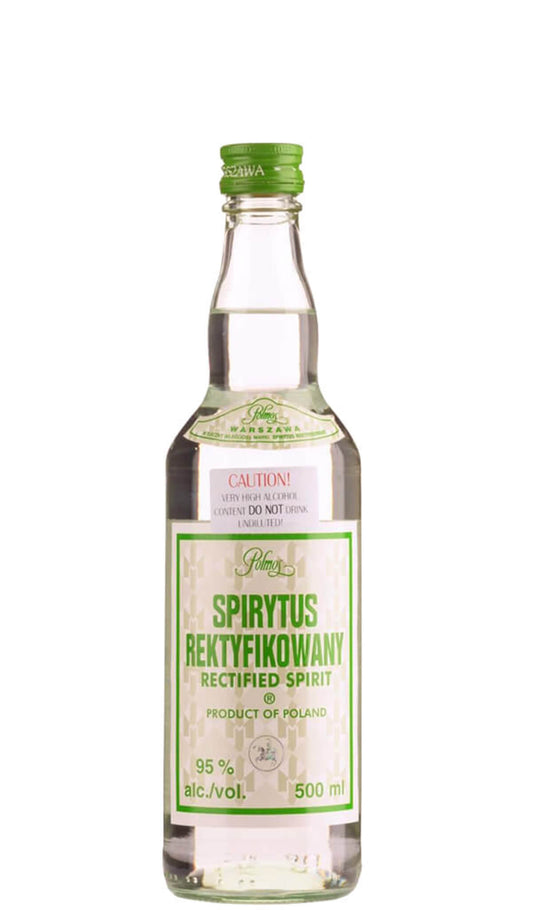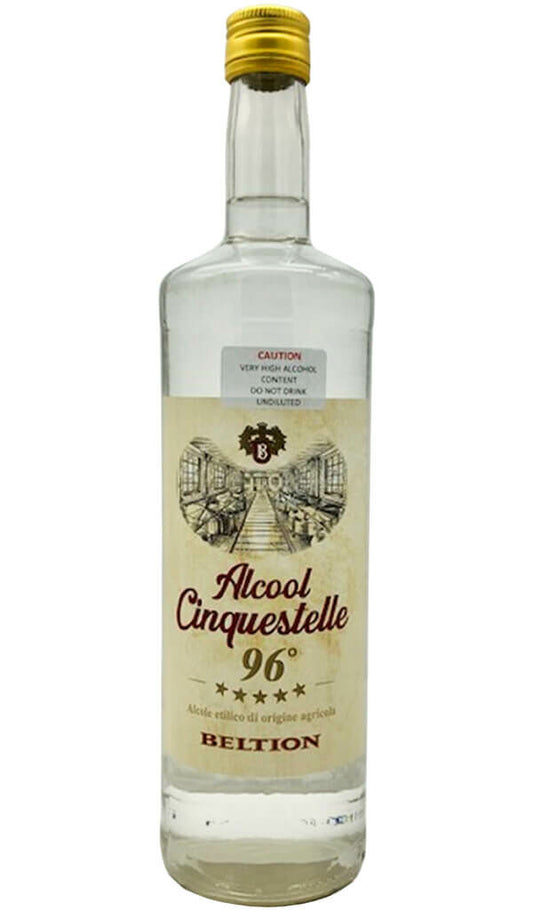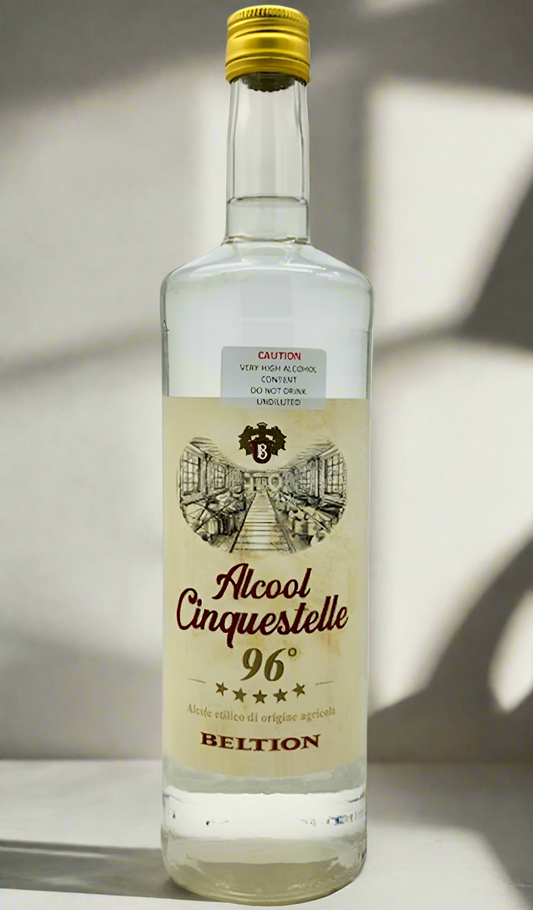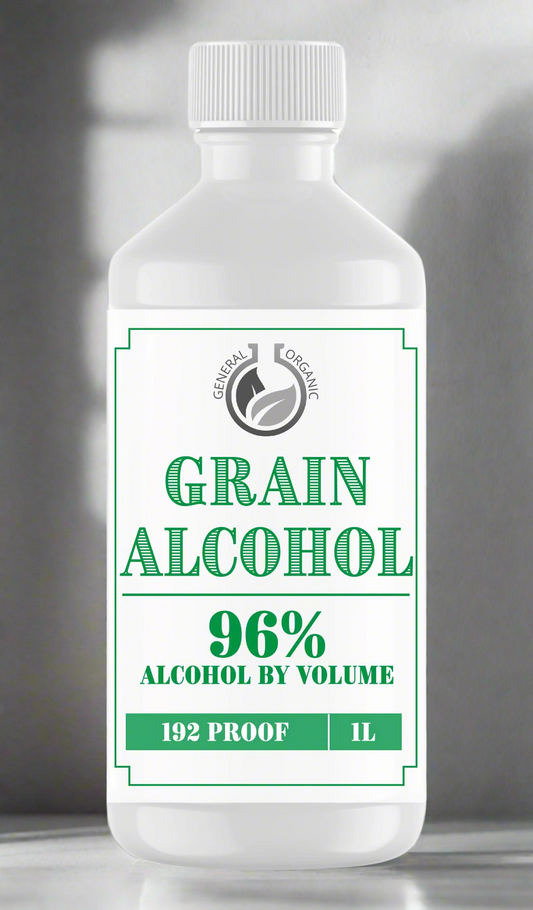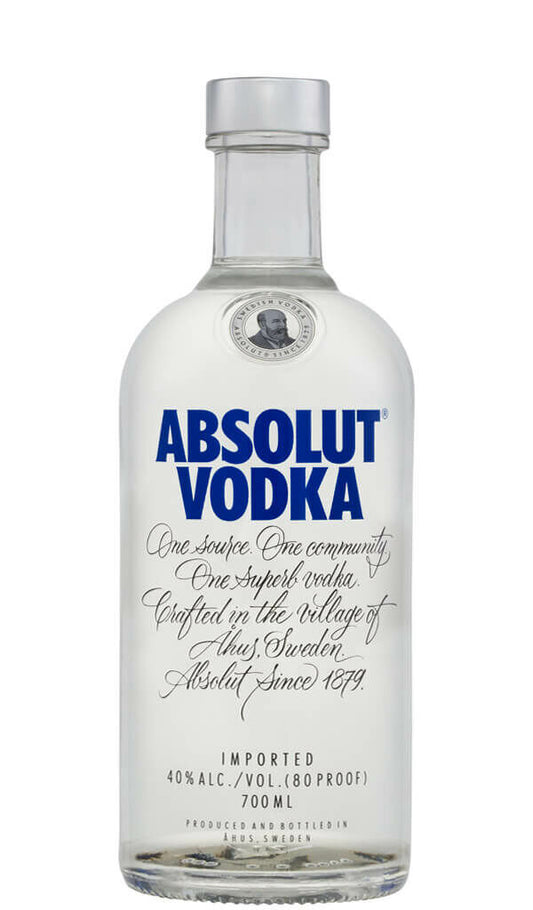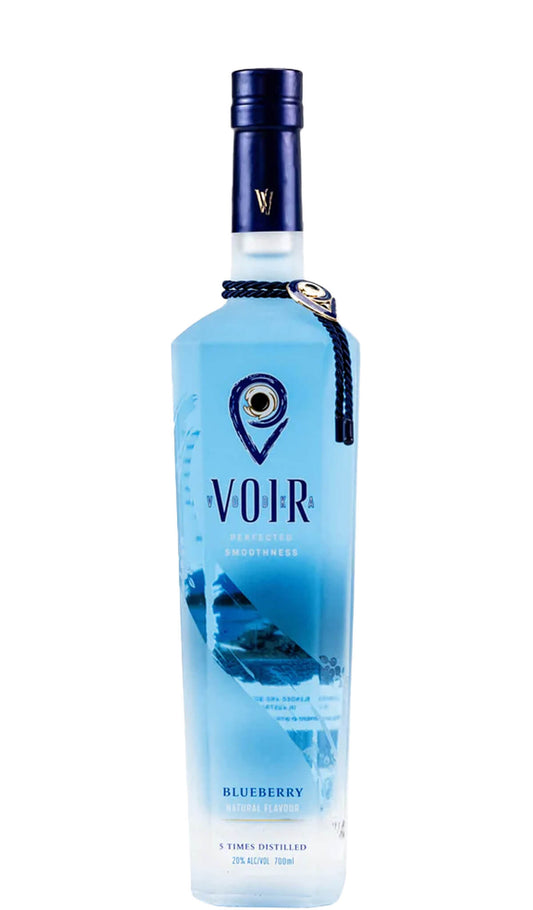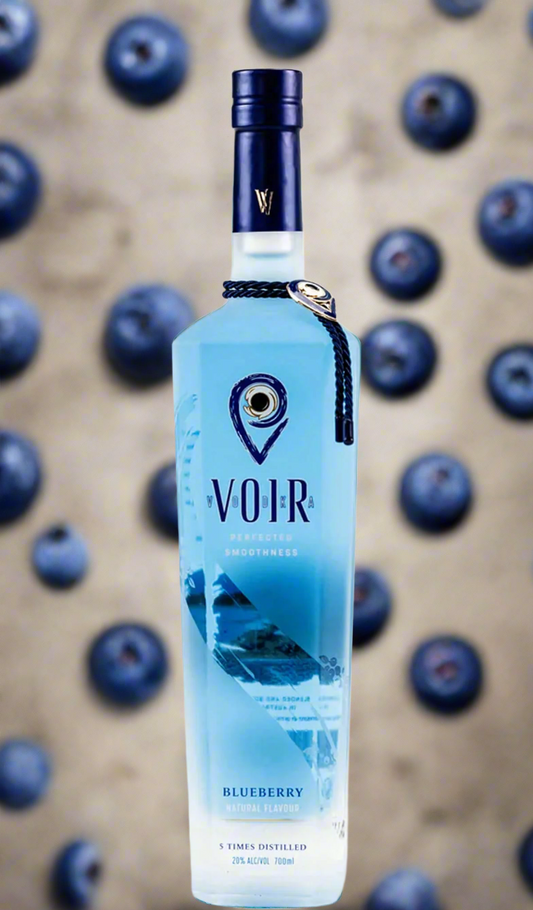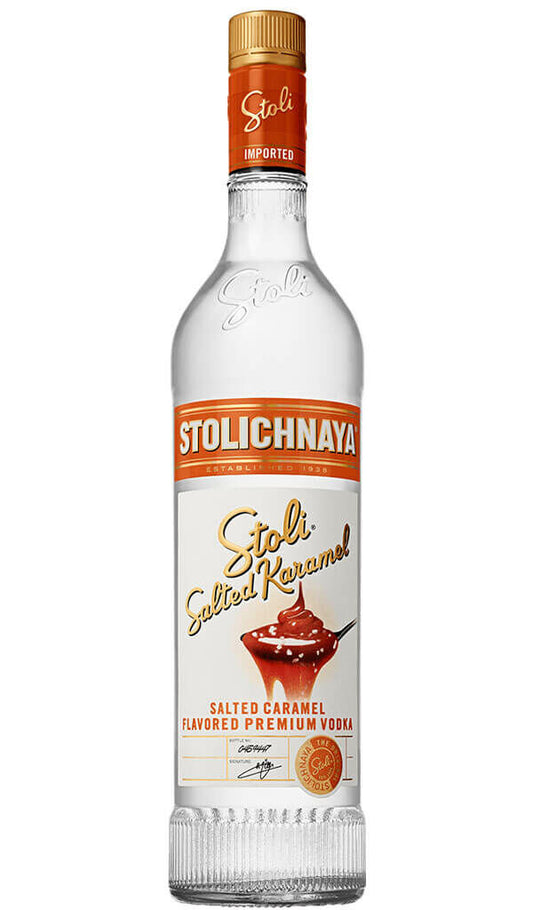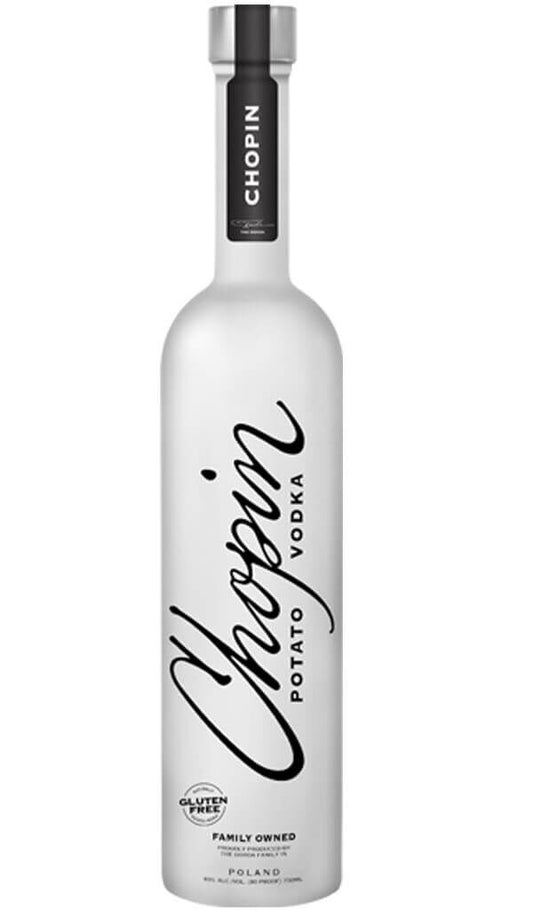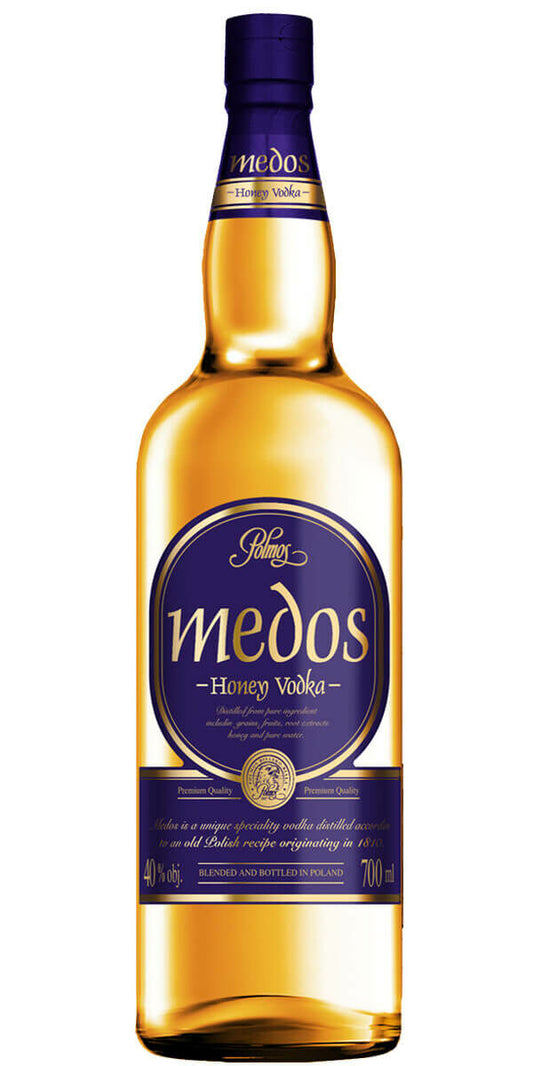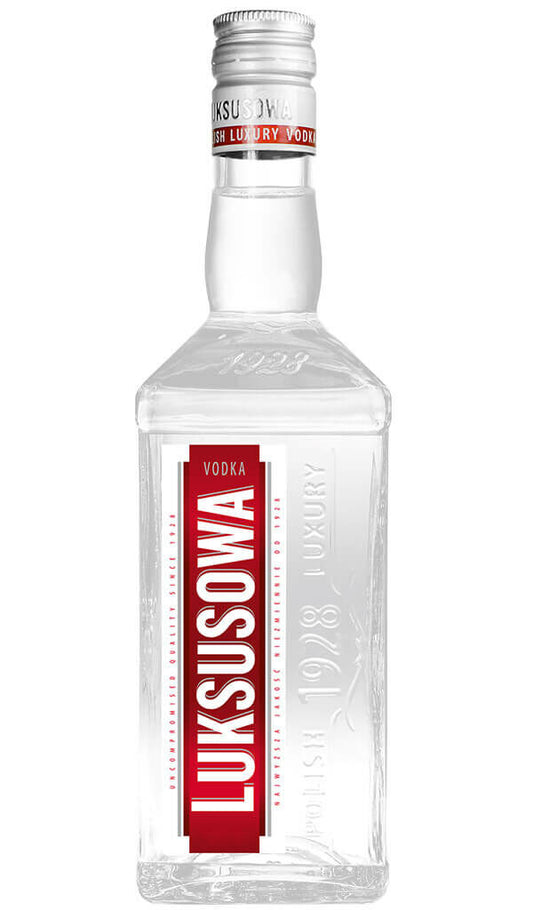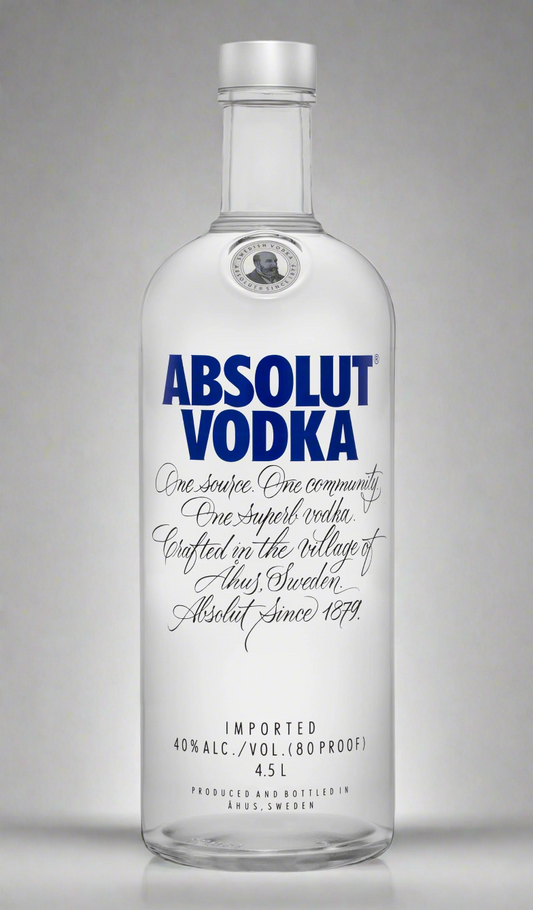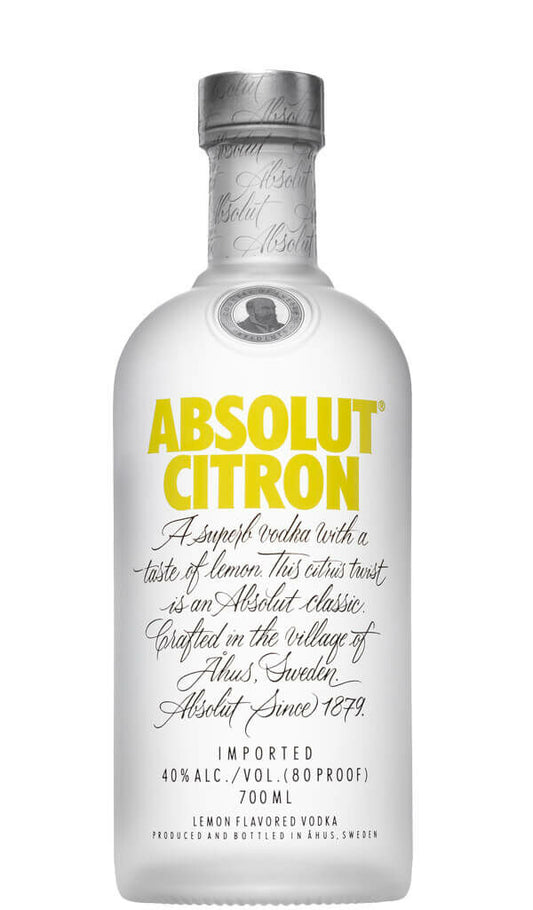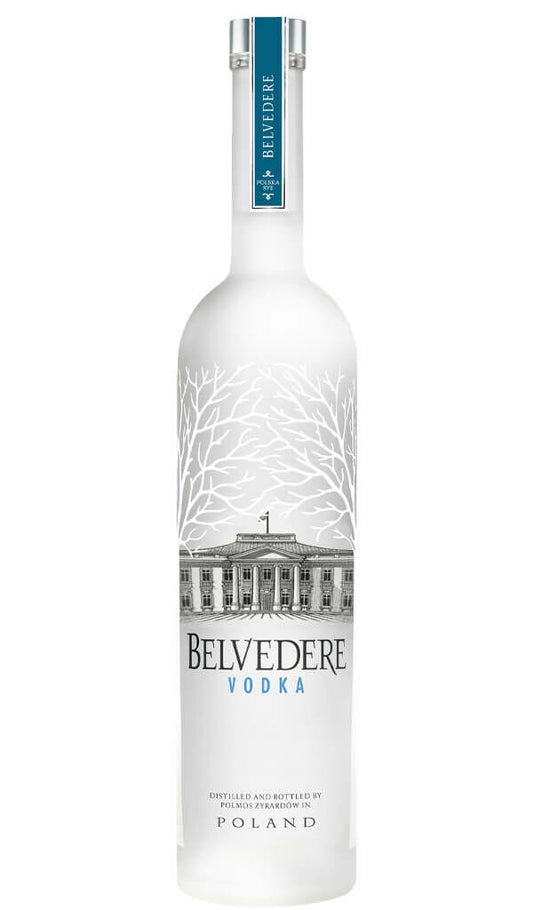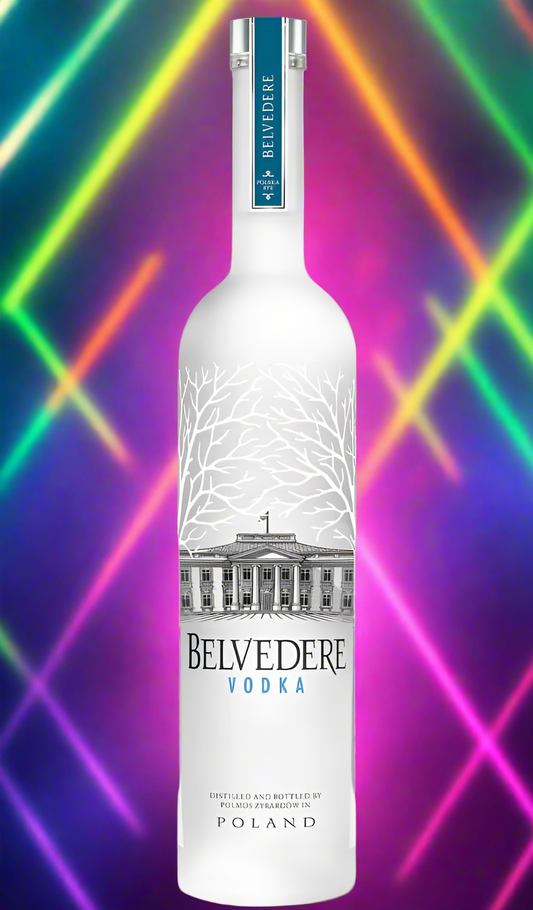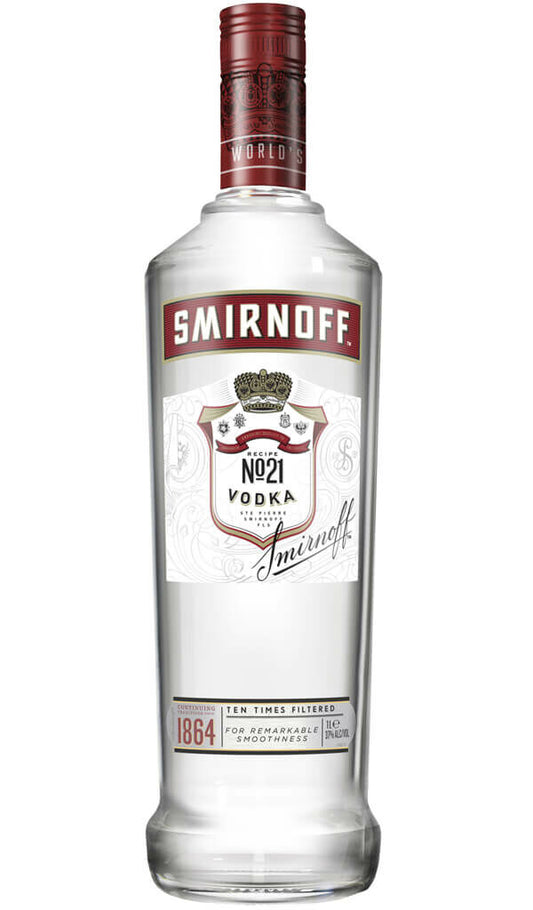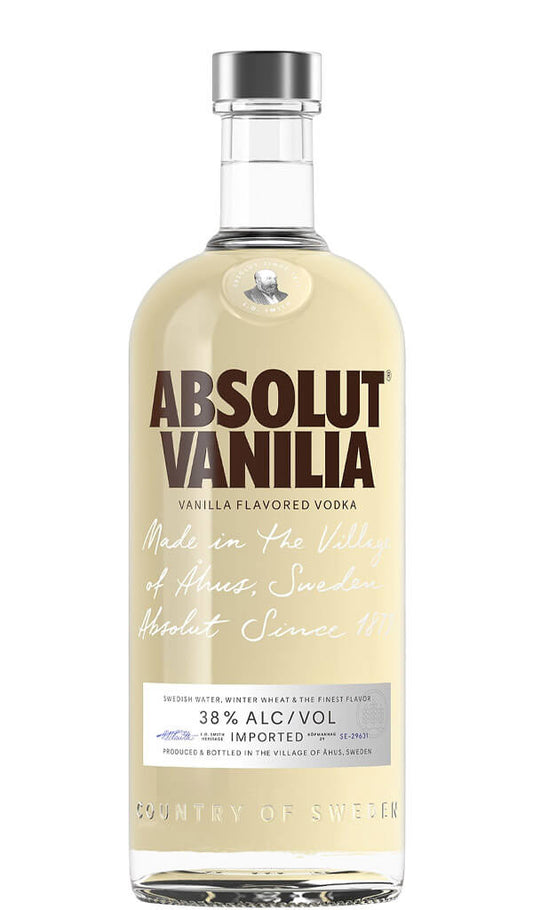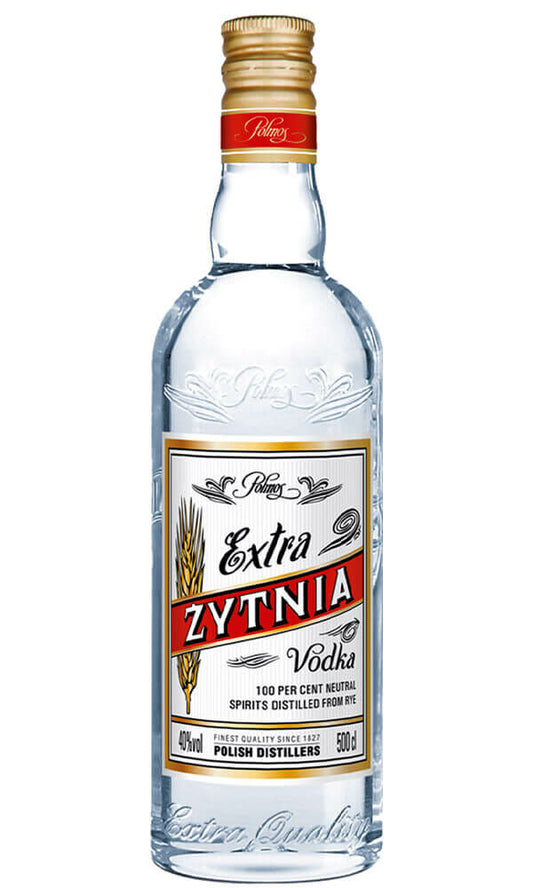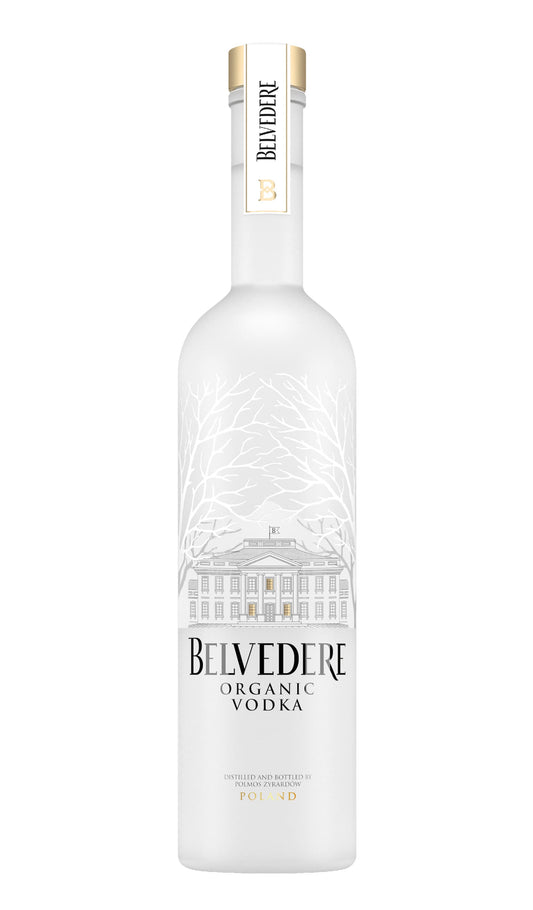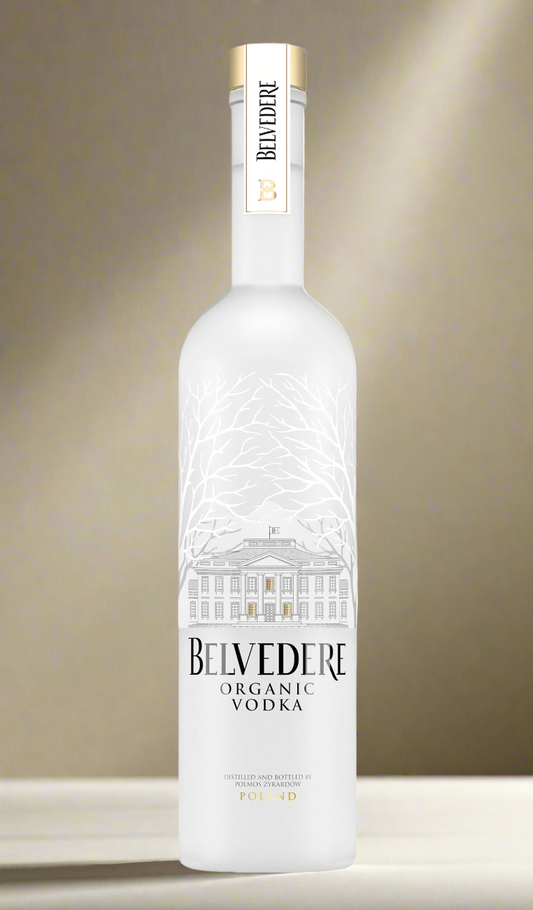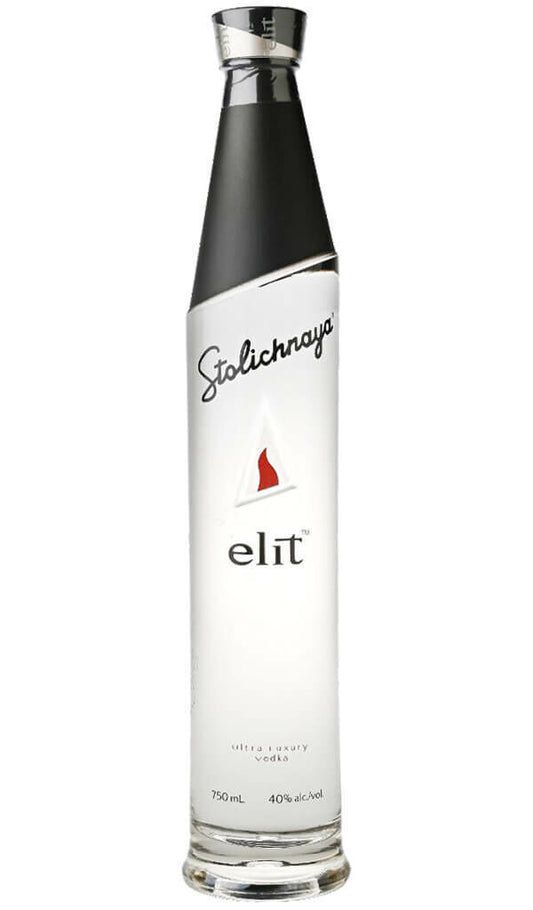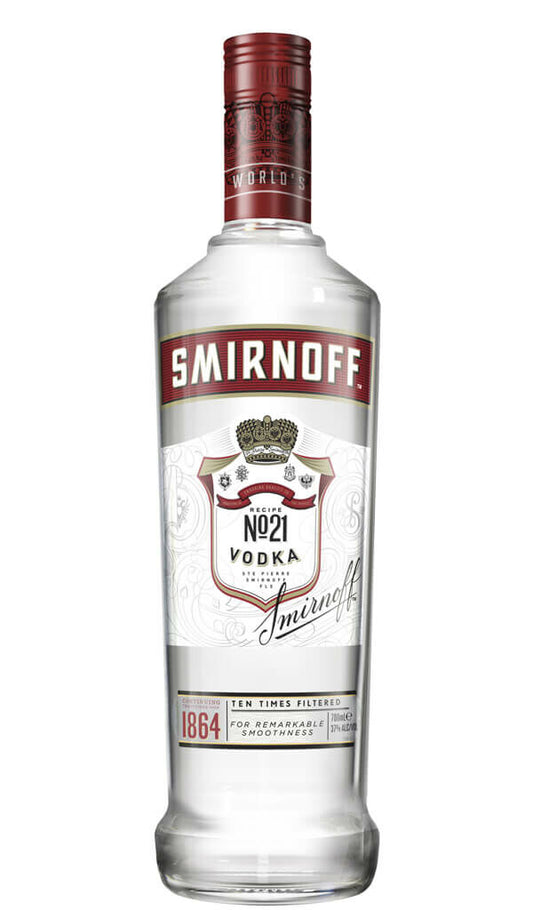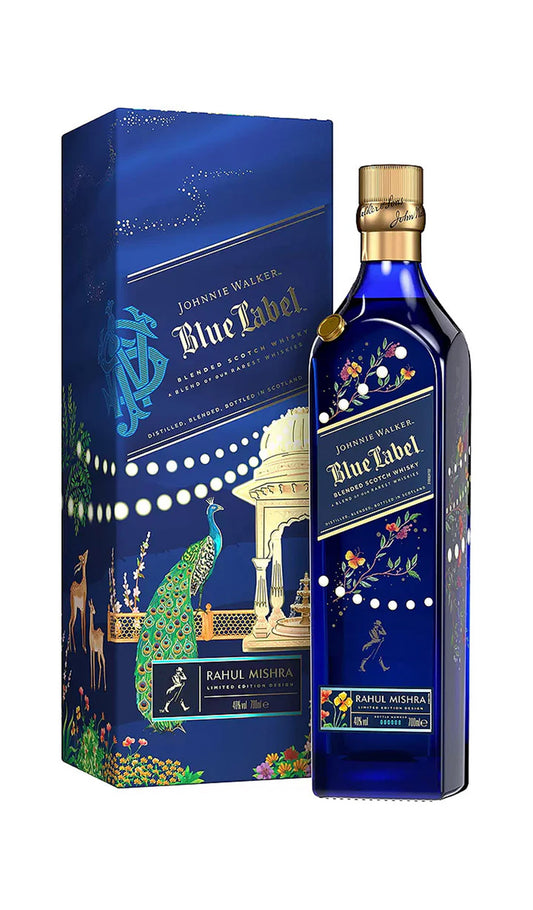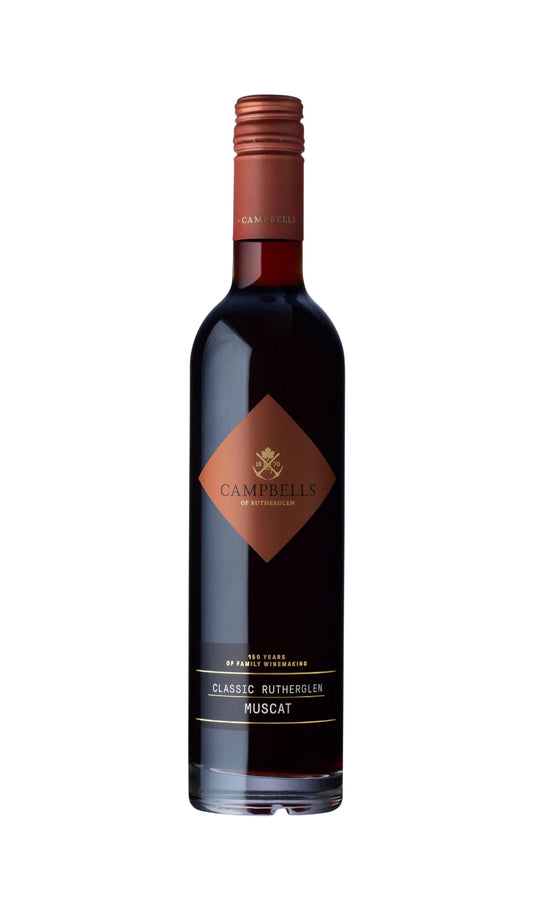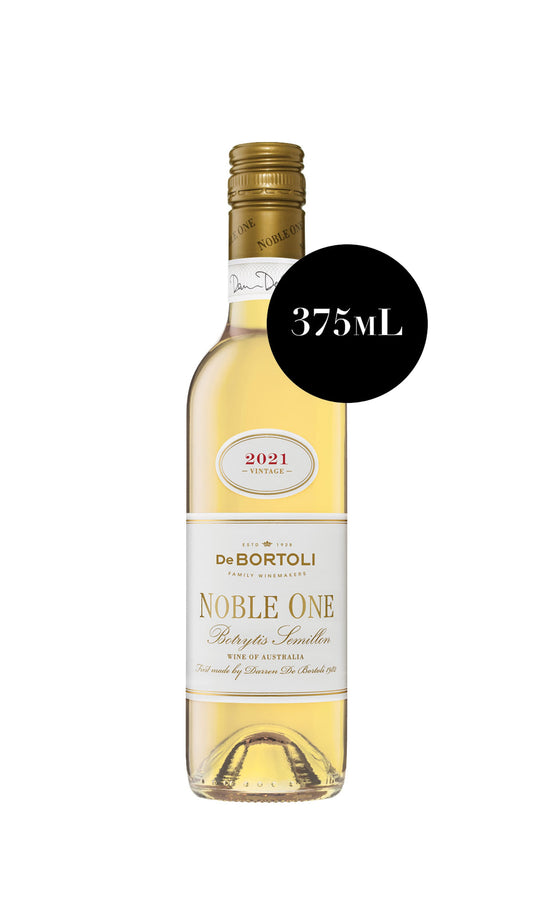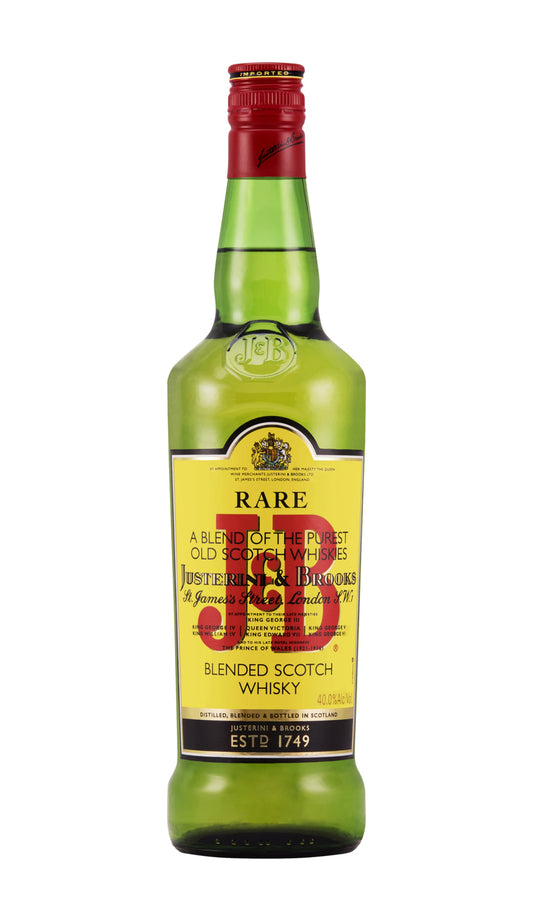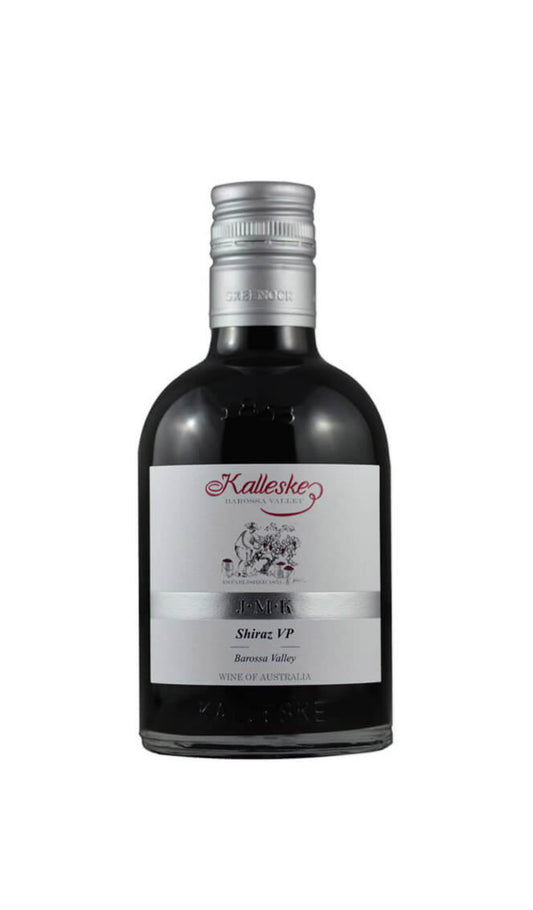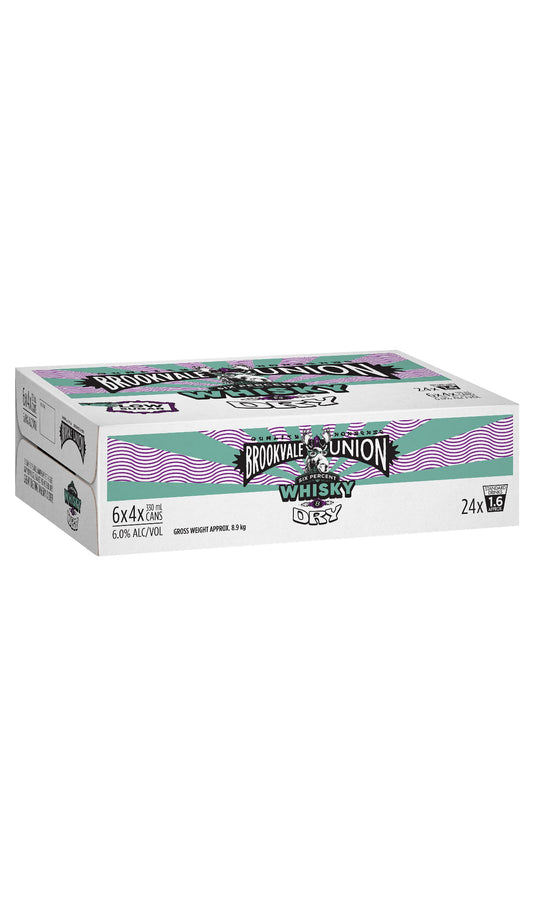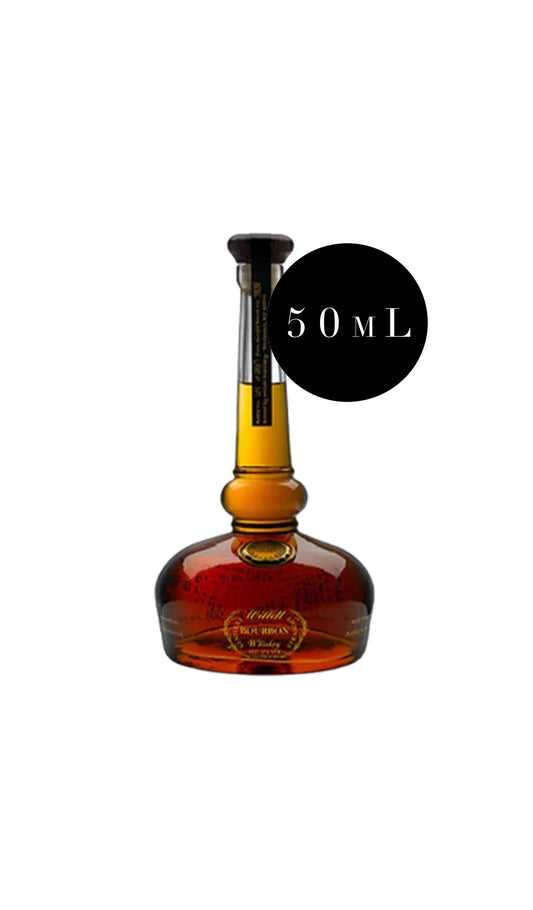Collection: Premium Vodka Collection - Wine Sellers Direct
Explore Our Premium Vodka Selection
Discover an exceptional range of vodka spirits from renowned distilleries across the globe. From classic unflavoured vodkas to innovative flavoured expressions, our carefully curated collection features premium brands from Poland, Sweden, France, Canada, and Ukraine, offering great value prices on every bottle.
Traditional Vodka
Experience the purity and smoothness of classic vodkas crafted using time-honoured distillation methods. Our selection includes prestigious brands such as Belvedere and Luksusowa from Poland, Absolut from Sweden, Cîroc from France, and Crystal Head from Canada. These premium vodkas are perfect for sipping neat, on the rocks, or as the foundation for your favourite cocktails.
Gluten-Free Vodka
For those with gluten sensitivities or dietary preferences, we offer an excellent range of gluten-free vodkas made from alternative ingredients. Chopin Potato Vodka and Luksusowa Luxury Potato Vodka from Poland provide smooth, naturally gluten-free options, whilst Belvedere and Smirnoff also offer gluten-free varieties.
Flavoured Vodka Varieties
Enhance your cocktail creations with our diverse selection of flavoured vodkas:
- Citrus: Absolut Citron for refreshing, zesty drinks
- Vanilla: Absolut Vanilia for smooth, sweet cocktails
- Salted Caramel: Stolichnaya Salted Karamel for indulgent serves
- Blueberry: Voir Blueberry Vodka for fruity expressions
- Honey: Polmos Medos Honey Vodka from Poland
- Bison Grass: Wisent Bison Grass Vodka from Ukraine
Premium & Specialty Vodkas
Elevate your spirits collection with ultra-premium offerings like Stolichnaya Elit Ultra Luxury Vodka, or explore high-proof spirits including Polmos Spirytus Rektyfikowany (95%) and Beltion Alcool Cinquestelle (96%) for specialist applications.
International Vodka Origins
- Poland: Belvedere, Chopin, Luksusowa, Polmos, Zytnia
- Sweden: Absolut range including Original, Citron, and Vanilia
- France: Cîroc premium vodka
- Canada: Crystal Head including limited editions
- Russia: Stolichnaya (Stoli) range
- Ukraine: Wisent Bison Grass
As independent liquor specialists with over 50 years of experience, Wine Sellers Direct brings you authentic vodka spirits at great value prices. Whether you're crafting classic martinis, creating innovative cocktails, or seeking a premium sipping vodka, our collection offers something for every vodka enthusiast. Browse online and enjoy convenient delivery across Australia.
-
Polmos Spirytus Rektyfikowany Rectified Spirit 95%
Regular price $94.99Regular price$99.99Sale price $94.99Sale -
Beltion Alcool Cinquestelle 96% Alcohol Spirit 1L
Regular price $179.99Regular price$185.00Sale price $179.99Sale -
General Organic Grain Alcohol 96% 1000mL
Regular price $169.99Regular price$179.99Sale price $169.99Sale -
Absolut Vodka 700ml | Premium Swedish Vodka | Original
Regular price $49.99Regular price$52.99Sale price $49.99Sale -
Voir Blueberry Vodka 700ml
Regular price $62.99Regular price$74.99Sale price $62.99Sale -
Stolichnaya ‘Stoli’ Salted Karamel Vodka 700mL
Regular price $54.99Regular price$54.99Sale price $54.99 -
Chopin Potato Vodka 40% 700mL (Poland)
Regular price $59.99Regular price$79.99Sale price $59.99Sale -
Polmos Medos Honey Vodka 700ml (Poland)
Regular price $57.99Regular price$58.99Sale price $57.99Sale -
Crystal Head Vodka Pride Limited Edition 700mL
Regular price $99.99Regular price$104.99Sale price $99.99Sale -
Luksusowa Luxury Potato Vodka 700mL (Poland)
Regular price $59.99Regular price$64.99Sale price $59.99Sale -
Absolut Original Vodka 4500mL
Regular price $369.99Regular price$389.99Sale price $369.99Sale -
Absolut Citron Vodka 700mL
Regular price $56.99Regular price$60.99Sale price $56.99Sale -
Belvedere Vodka 700mL (Poland)
Regular price $67.99Regular price$69.99Sale price $67.99Sale -
Smirnoff Red No. 21 Vodka 1 Litre
Regular price $62.99Regular price$69.99Sale price $62.99Sale -
Absolut Vanilia Vodka 700mL
Regular price $56.99Regular price$60.99Sale price $56.99Sale -
Wisent Bison Grass Vodka 700ml (Ukraine)
Regular price $57.99Regular price$60.99Sale price $57.99Sale -
Zytnia Extra Vodka 700mL (Polmos Bielsko Biala)
Regular price $54.99Regular price$57.99Sale price $54.99Sale -
Belvedere Vodka 1750mL (Poland)
Regular price $179.99Regular price$189.99Sale price $179.99Sale -
Stolichnaya 'Stoli' Elit Ultra Luxury Vodka 700mL
Regular price $79.99Regular price$84.99Sale price $79.99Sale -
Smirnoff Red No.21 Vodka 700ml
Regular price $46.99Regular price$49.99Sale price $46.99Sale
More Spirits...
-
The Macallan A Night On Earth The First Light Whisky
Vendor:The MacallanRegular price $229.99Regular price$234.99Sale price $229.99Sale -
Johnnie Walker Sherry Finish 15YO Scotch Whisky 700mL
Vendor:Johnnie WalkerRegular price $97.99Regular price$97.99Sale price $97.99 -
Johnnie Walker Blue x Rahul Mishra Limited Edition
Vendor:Johnnie WalkerRegular price $329.99Regular price$329.99Sale price $329.99 -
Campbells Rutherglen Classic Muscat 500mL
Vendor:CampbellsRegular price $44.99Regular price$45.99Sale price $44.99Sale -
De Bortoli Noble One Botrytis Semillon 2021 375mL
Vendor:De BortoliRegular price $29.99Regular price$32.99Sale price $29.99Sale -
J & B Rare Blended Scotch Whisky 750mL
Vendor:J & B RareRegular price $49.99Regular price$52.99Sale price $49.99Sale -
Kalleske JMK Shiraz Vintage Port 2022 (Barossa Valley) 375mL
Vendor:KalleskeRegular price $27.99Regular price$29.99Sale price $27.99Sale -
Brookvale Union Whisky & Dry
Vendor:Brookvale UnionRegular price $109.99Regular price -
Rémy Martin X Anish Kapoor XO Cognac Limited Edition 700mL
Vendor:Remy MartinRegular price $349.99Regular price$359.99Sale price $349.99Sale -
Jameson 18 Year Old Irish Whiskey 700mL (Ireland)
Vendor:JamesonRegular price $329.99Regular price$349.99Sale price $329.99Sale -
Glenfiddich Aston Martin 16YO Scotch Whisky 700mL
Vendor:GlenfiddichRegular price $149.99Regular price$159.99Sale price $149.99Sale -
Willett Family Pot Still Reserve Kentucky Bourbon 50mL
Vendor:WillettRegular price $22.99Regular price$24.99Sale price $22.99Sale

